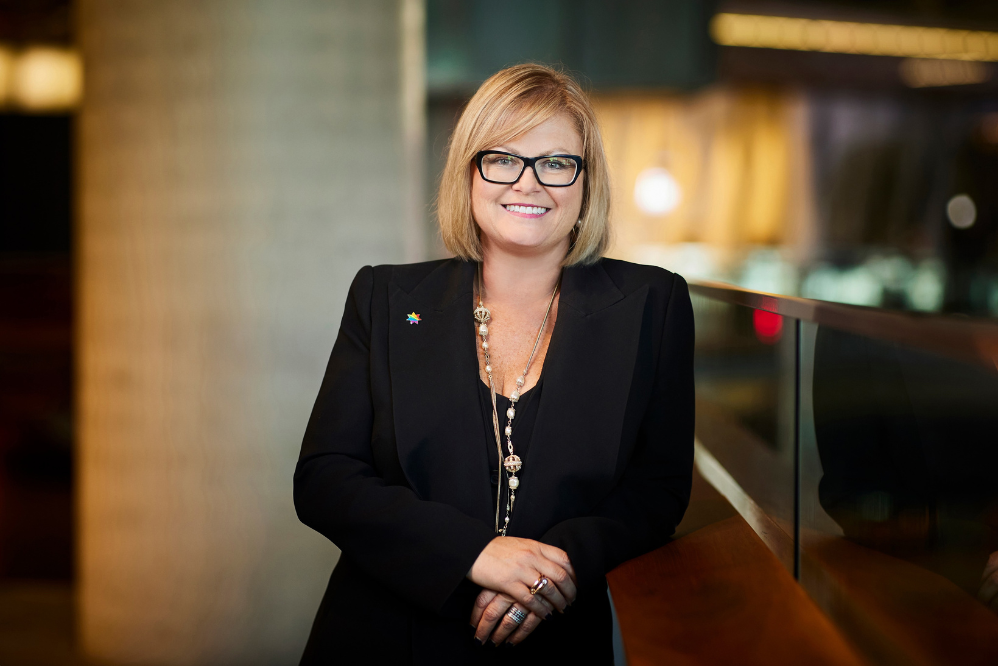Australians are generally coping well when it comes to their finance, but one in five have felt financially stressed in the last three months, says a new study from NAB.
While the NAB Consumer Insight Survey: Financial Hardship – August 2022 survey of 2,050 Australians showed that 20% said they were financial stressed, on average, Australians scored 4.4 points out of 10 , where 10 signals they are struggling very much. The bank also reported one in two low-income earners said they faced some form of financial hardship in the past three months.
The number of Australians who said they experienced financial hardship over the past three months was 35%, up from a survey low of 29% in Q122.
NAB group executive personal banking Rachel Slade (pictured above) said while most customers were in a good financial position, there were some pockets of concern.
“Seventy per cent (70%) of NAB customers are ahead on their home loan payments but we do know there are some people who are feeling the pressure of an increased cost of living,” Slade said. “This research brings to life exactly the concerns customers are raising with our NAB Assist team.”
Read more: NAB reveals 70% of its customers are ahead on mortgage repayments
Slade said the survey showed that financial difficulty could show up in a range of ways.
“Finding yourself in financial difficulty can mean being unable to pay a bill, cover rent on time, meet minimum credit card payments or being unable take care of medical expenses,” she said. “Regardless of what challenges you are coming up against, if you are feeling financial pressure, we want to talk with you.”
Slade said by income, a much higher number of people on low incomes (around $35,000 pa) did not have enough for an emergency (31%), food and necessities (26%) or were unable to pay medical and healthcare bills (16%).
Read next: NAB becomes most certified Microsoft customer in Australia, NZ
“Making ends meet was also somewhat more challenging for Australians living in regional cities and rural areas than capital cities where living costs are traditionally higher, though the gap has narrowed with the rapid growth in migration from city to regional areas seen in recent years,” she said.
“The majority of those experiencing financial pressure turned to family and friends to borrow money and used credit cards more often, while one in 10 turned to a payday lender.”


